Made in Tärnaby (1990)
Gênero : Documentário
Runtime : 48M
Director : Sven-Erik Frick, Henrik Burman
Sinopse
Follows Astrid & Sune as they show techniques and methods of sami handcraft.
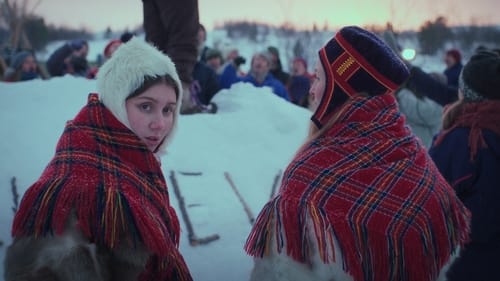
Forty years ago Norway was closely following the drama surrounding the Alta controversy. For Ester, the protests become more than a fight against the construction of a dam.
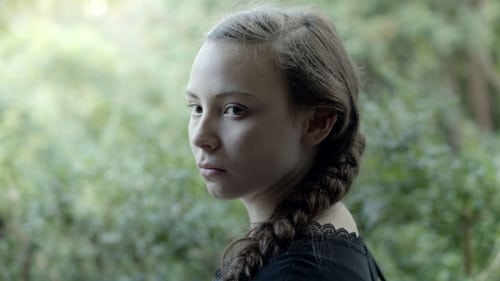
Elle Marja, de 14 anos, é uma garota da etnia sámi. Exposta ao racismo dos anos 1930 e a exames biológicos em seu colégio interno, ela passa a sonhar com outra vida. Para alcançá-la, a jovem tem que se tornar outra pessoa e cortar todos os laços com sua família e sua cultura.
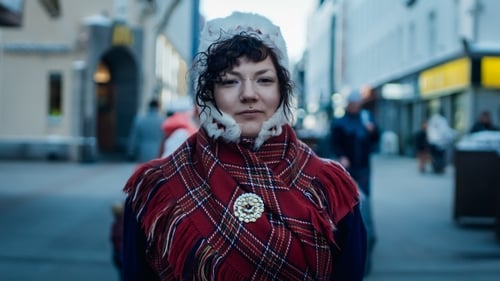
The AssimiNation is a political pamphlet portraying the indigenous Sámi people fighting for their existence. The film follows the on going cultural genocide of the Sámi which the current Governmental politics allow. This film is a cry for help for the last indigenous people living in the EU.

Joar Nango has collected books and various other material relevant to Sami architecture. This is is a deep dive into Gumpien's history and use today. A gumpi is a portable shepherd's hut mounted on dairies, often used during spring migration in reindeer husbandry.
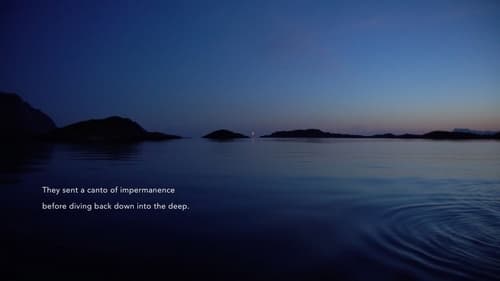
Acoustic Ocean is an artistic exploration of the sonic ecology of marine life in the North Atlantic. Located on the Lofoten Islands in Northern Norway, the video centers on the performance of a marine-biologist diver who is using a life-size model of a submersible equipped with all sorts of hydrophones and recording devices. In this science-fictional quest, her task is to sense the submarine space for acoustic and bioluminescent forms of expression.

The indigenous, Samí rapper SlinCraze is trying to earn a living from his music, the problem is that less than 20.000 people speak his endangered language.

A young girl adores her late father. Obsessed with every little detail of how he was she envisions his clothes, hands, face, behavior and actions. An accidental meeting triggers doubt in her love for her father.

This video has won festival prizes in Chicago and Rotterdam and has been declared Norway’s finest video for tourists by “Aftenposten”, one of Norway’s largest newspapers, witch wrote: “The reality of this region, communicated by craftsmen who know what they are going, is by itself fantastic enough. Here you will see real people – fishermen and Sami – in our best known travel destination, in magnificent, flowing scenes revealing rapturous artistic flair. Three cheers!” Life in this part of the country is totally dependent on nature. Winter storms, cold polar nights, the midnight sun and warm summer days. Communities that rebuilt themselves after being totally destroyed during World War II. You can take part in all of this and experience life at the North Cape, the northern outpost of Europe. You will find yourself watching this video time and time again…

Lapland, Sweden. The Sami Arvi wants to marry young Aino but her mother will not give her permission as long as Arvi does not have a herd of 400 reindeer. The only one who has reindeer to sell is the rich Oula, but he wants to marry Aino as well. The only way for Arvi to get the animals is buying them from Norway - but this is highly illegal.

The fate of a culture lies on the shoulders of few determined individuals.

Wimme Saari is one of the best known Sami yoikers from Finland. He combines traditional Sami singing with his own improvisations, usually to a techno-ambient accompaniment by members of Finnish electronic group RinneRadio. Wimme has also appeared on the albums of other bands or musicians, for instance Hedningarna, Nits or Hector Zazou.

The Sámi people (also spelled Sami or Saami) are an indigenous Finno-Ugric people inhabiting Sápmi, which today encompasses large northern parts of Norway and Sweden, northern parts of Finland, and the Kola Peninsula within the Murmansk Oblast of Russia. A single daily newspaper is published in Northern Sámi, Ávvir. There are short daily news bulletins in Northern Sámi on national TV in Norway, Sweden and Finland. There is a Sámi theatre, Beaivvas, in Kautokeino on the Norwegian side, as well as in Kiruna on the Swedish side. The largest Sami Publishing house is Davvi Girji. In this program "Topic: Sámi" filmmaker Nils Gaup presents his latest production, "The Kautokeino Rebellion" (2008), author Ann-Helen Laestadius talks about to seek ones roots, and Isabel Pavval share how it is being a young Sámi and youth culture.
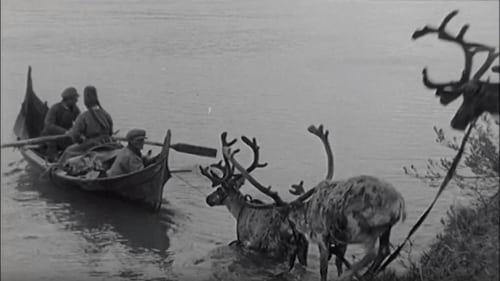
"In the land of the mountain people: Days in Lapland" - About the everyday life of the Karesuando Sámi at the Sarek Mountains, near their camp, the sita. Traditionally, the Sámi have pursued a variety of livelihoods, including coastal fishing, fur trapping, and sheep herding. Their best-known means of livelihood is semi-nomadic reindeer herding. The genetic makeup of Sámi people has been extensively studied for as long as such research has been in existence. Ethnographic photography of the Sámi began with the invention of the camera in the 19th century. This continued on into the 1920s and 1930s, when Sámi , against their will, were photographed naked and anatomically measured by scientists,.

The group SOLJU, formed by Ulla Pirttijärvi and her daughter Hildá Länsman, combines their heritage of northern Sámi language and traditional chant, known as yoik, with a desire for new and innovative music. SOLJU provides a dialogue of traditional and modern Sámi culture. Solju is proud of their indigenous roots and want to show it to the world. Sámi culture and identity lie at the heart of the music, reflecting mythology and aspects of the traditional lifestyles of their homeland. The listener is taken to the far north of Europe: Sápmi. Solju soundscape ranges from the expansive wilderness of the tundra to the most intimate lávvu fireplace. The music can be described as vivacious, colourful, earthy, ethereal, and genuine. Recorde live at G Livelab, Helsinki, April 25, 2018. Songs from Solju's debut album "Odda Áigodat" (New Times), produced by Samuli Laiho and Teho Majamäki, mixed by Riku Mattila.

A documentary about Áillohaš (Nils-Aslak Valkeapää), a musician, painter, and poet of the Sámi people in Finland.
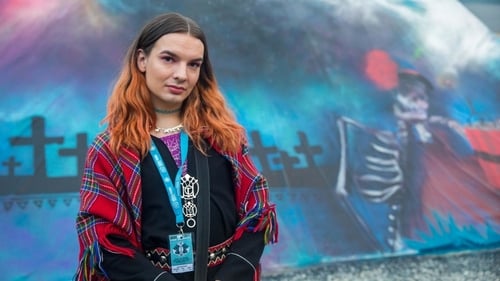
About being young and Sámi, focusing on the topics, pride, love and conflict. Isabel moves from her mother in Stockholm to her father in Jokkmokk. Amoc rap in Aanaarsämikielâ, Inari Sámi, a language used among 400 people. Alette doesn't feel like a Sámi. Thomas is a drummer, snowboards and dream of being an actor. The skier Tonje always fall in love with a Sámi. Why? Jon is adopted from Colombia and joiks a lot. Thomas and Petra plan for their future. Ritva loves horseback riding. Amanda likes theatre and politics. Vocalist Sandra wonders how much Sámi she is. Johan is brought up in a religious home where music is prohibited. Aslak love scooters. Marit was bullied in school because she is a Sámi.

A Sámi woman is fighting against the Swedish Tax Agency about a tax deduction for the purchase of a dog, as it is not a pet, but used for reindeer-herding. A short documentary about cultural clashes and the struggle to practice Sámi culture in today's Sweden.

Håkan Dahlin has just been discharged from a clinic where he has been treated for his alcoholism. When he immediately goes out with his friend to get drunk and then goes home and abuses his wife he gets forcibly interned again.

Iida, an elderly Sámi woman, who has abandoned her roots under the pressure of forced Finnishization, is conflicted between selling her old homestead and hiding her cultural heritage from her niece, as the rural way of life she has suppressed begins to creep back in with Alzheimer's.

On Saturday, April 26, spring came to Sweden. That same day, Chernobyl nuclear power plant exploded. Bringing mild winds to Scandinavia. Sweden suffered heavily of radioactive poison.

















